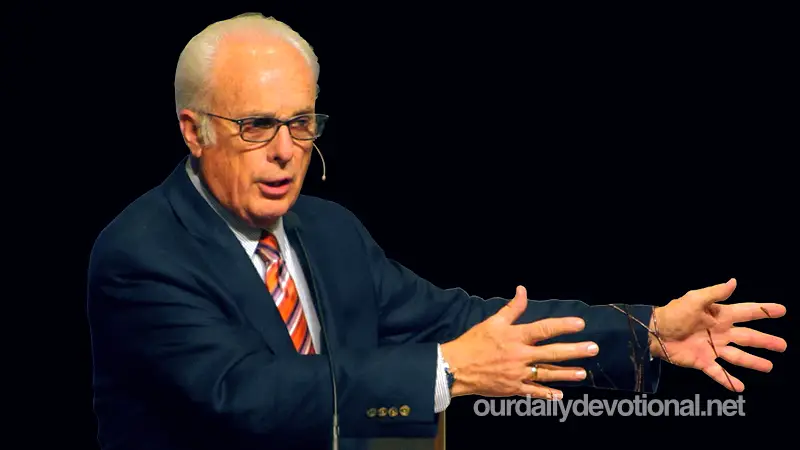"that has been heard."
She sprang from the son of Jacob. Simeon had six sons. Except for one, all were heads of clans (Gen. 46:10; Num. 26:12-14; 1 Chron. 4:24).
At the beginning of the wilderness wanderings, the prince of the tribe was Shelumiel, son of Zuridasai (Num. 1:6; 2:12; 7:36, 41; 10:19); At the time of the entry into Canaan he was Shemuel son of Amiud (Num. 34:20).
At the first census, Simeon had 59,300 warriors (Num. 1:23; 2:13); However, in the second he had only 22,200 (Num. 26: 12-14). The tribe sent Shaphat son of Hori to explore the country of Canaan (Num. 13:5).
Moses, blessing the tribes before abandoning them, does not mention Simeon (Dt. 33). However, the omission of this tribe can be explained by the fact that it was to remain dispersed in Israel (Gen. 49:5-7).
Jacob pronounced the same sanction against Levi, but the faithful action of this tribe earned them religious service, so their dispersion became a blessing. After the death of Moses, in the division of Canaan, Simeon did not receive independent territory, but within that assigned to Judah.
Although they are not mentioned explicitly, the Simeonites were not thereby excluded from the blessings invoked on the tribes. They are included in the collective blessing of the beginning and end of the poem.
Simeon's tribe formed, with others, at the foot of Mount Gerizim to give blessing to the people (Deut. 27:12). When the division of the country of Canaan took place at Shiloh, the second lot fell to Simeon; This tribe received the southern tip of Canaan, which was given to them from the territory assigned to Judah (Josh. 9:1-9).
Judah and Simeon joined forces to fight the Canaanites (Judg. 1:1, 3, 17). Among the Simeonite cities were Beersheba, Ziklag, and Horma (Josh. 19:1-9), in the Negev.
Under Hezekiah, the Simeonites took possession of the Valley of Gedor and entered Mount Seir, destroying the Amalekites who lived there (1 Chron. 4:42-43). According to some commentators, a large part of this tribe disappeared.
However, it figures in the eschatological future, in Ezekiel's prophecy about the future division of the country of Canaan (Ez. 48:24, 25, 33) and in the apocalyptic vision of 12,000 Simeonites marked by the divine seal (Rev. 7). :7).
Meaning of SIMEON (Tribe)
It came from the son of Jacob. Simeon had six sons. Except for one, all were heads of clans (Gen. 46:10; Num. 26:12-14; 1 Chron. 4:24).







